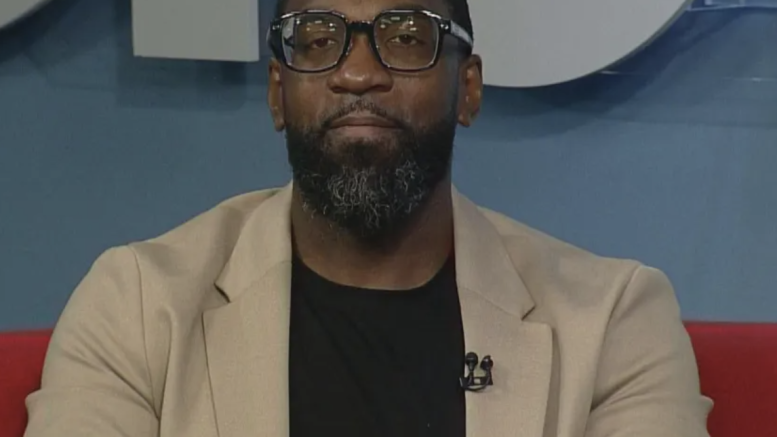Research Manitoba announced its 2023 New Investigator Operating Grant recipients earlier this month. The grants will be supporting 12 projects led by researchers in the early stages of their careers.
Among the recipients, under the social sciences and humanities category, is assistant professor in the department of anthropology Warren Clarke. Clarke received the grant for his project, Addressing Anti-Blackness in post-secondary spaces: Decolonizing white settler learning to create educational pathways for Afro-Caribbean Black students.
Clarke, who specializes in sociocultural anthropology and holds a doctorate in sociology and a master’s degree in public issues anthropology, discussed the interdisciplinary nature of his work. With a focus on decolonizing space, decolonizing theories, gender, masculinity and post-colonialism, he combines elements of sociology and anthropology in applied research.
Beyond his role as an assistant professor, Clarke actively engages with the community through the Afro-Caribbean Mentorship Program. Run by Clarke, the program was originally established in Ottawa and is now present at the University of Manitoba and other institutions. It concentrates on mentorship for Afro-Caribbean Black students, providing monthly workshops on topics such as financial literacy, graduate school entry and addressing the mental health concerns associated with anti-Black racism.
His newly-funded project on addressing anti-Blackness in post-secondary spaces aims to dissect and understand the complexities of anti-Black racism within educational spaces, focusing particularly on Winnipeg.
Acknowledging the prevalent conversation around anti-Indigenous racism, he emphasized the importance of recognizing and addressing the intersectionality within the Black community, considering factors such as ethnicity and the diverse experiences of Black individuals.
“We shouldn’t just be thinking about Blackness in one box or homogenizing Blackness,” Clarke said.
“We also have to think of Blackness based on ethnicity. A lot of those who are Black-presenting or of African descent do not know Blackness until they come to this white settler nation-state,” he continued.
“We have to think about how Blackness is being defined, and then how Black bodies are being discriminated against in this country, particularly in education.”
Clarke’s primary goal is to work in solidarity with young people, bridging the generational gap and establishing trust. He emphasized the importance of establishing relationships with students, administrative staff and teachers in both high schools and universities.
“One of the things that I’ve already started working on is working with a young person at one of the high schools here in Winnipeg who’s interested in working with me on this project as a research assistant,” he added.
Although Clarke’s research is still underway, he envisions working with school boards and educational institutions to create actionable frameworks. The project’s outcomes will ideally manifest in policies that actively challenge anti-Black racism rather than merely discuss it. Clarke emphasizes the need for sustainable, non-violent strategies to create understanding within policies and alleviate the pressures faced by Black students.
Clarke’s inspiration for the project stems from his own experiences in secondary school. Reflecting on the mentors in his own life during this period, he emphasized the significance of mentorship in shaping one’s trajectory.
By addressing the persisting tensions and discrimination faced by young Black people in schools, Clarke seeks to create spaces that support the diverse experiences of Black students.
“This is me not only giving back but trying to shift the narrative and trying to create ways of appreciating Black students and their different ways of being under stress based on this racial discrimination,” he said.
Looking ahead, Clarke calls for increased attention to the Black experience within universities. He advocates for not only representation but a comprehensive exploration of diverse histories and cultures throughout the academic year. Additionally, he highlighted the need for acknowledgment of community advocates actively challenging anti-Black racism and supporting Black youth.
“There needs to be a discussion of ‘how do we appreciate different histories, different cultures,’ not just during Black History Month,” he said.



